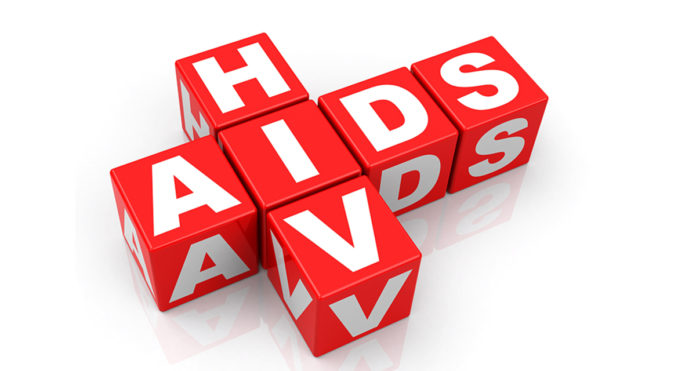The Director General of the Ghana AIDS Commission, Dr Steve Kyeremeh Atuahene, has highlighted the increased vulnerability of females to HIV infections compared to males.
The 2023 data on new HIV infections reveals that more females are affected than males. The incidence rate among males is twice that of females, which Dr Atuahene attributes to the anatomical differences that make the female genitalia more receptive to the virus.
In an interview with Joy News on Friday, June 21, Dr Atuahene explained that “When a female has sex with a man, penile sex and the man ejaculates, the sperm which might contain HIV particles may remain in her for quite some time, whereas that of the male you hardly can see that. Secondly, the surface area of the vagina is much wider than that of the male and thirdly the mucus membrane of the vagina is much more fragile than of the male”.
He also noted that nearly universal male circumcision in Ghana serves as a protective factor against HIV transmission. “Women must be aware that they are more vulnerable and therefore they should protect themselves,” he emphasised.
“That basic understanding should be common among Ghanaians and all people of the world,” he said.
“The transmission rate from woman to man is just about 2% whereas it is more than 12 % for a man, and that is why women should not gamble with their health and their life by just accepting that, if he will give them more money to have sex without a condom it’s okay for me. It shouldn’t be okay for you, especially when you might have the untreated sexually transmitted disease, that can also heighten the chance of you getting HIV,”he added.
Dr Atuahene also mentioned that there are special programmes for those who engage in sex work.
“Without that, we should be seeing much higher new infections in the country every year, but for that group no matter our financial challenges we give them special attention; sex workers, men who have sex with men, now we are adding those who inject drugs and high-risk men, so there is a special programme design for them, we provide condoms, we test them, we link them to healthcare facilities for them to receive further diagnosis and treatment.”


